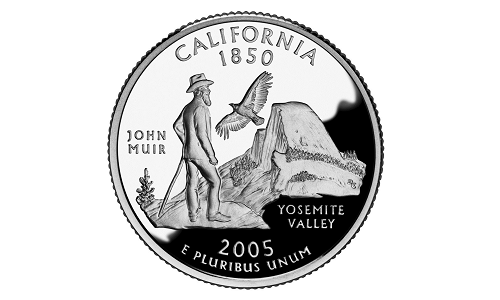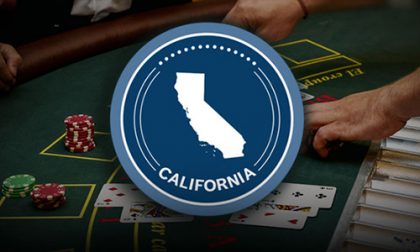Luiseno, Chumash Tribes Force Table-Games Issue With Lawsuit vs Cali Cardrooms
The long-running dispute over the offering of certain card-based table games other than poker being offered by some California card rooms has taken on a new dimension with the filing of a civil lawsuit in recent days by two of the state’s Mission Indians tribal nations. On November 16, the Santa Ynez Band of Chumash Indians and the Rincon Band of Luiseño Indians jointly announced that they had sued a dozen well-known card rooms and a total of 15 defendants to date for alleged violations of California gambling codes.
 The two tribes are seeking an injunction to halt the offering of banked and percentage card games, prominently including blackjack, along with the shutdown of so-termed “dealer-banked” games such as pai gow in which the house is always assigned the dealer seat. The complaint also asks for several forms of legal and financial relief owing to the impact of the alleged violating offerings on the tribes’ own gaming enterprises and financial well-being.
The two tribes are seeking an injunction to halt the offering of banked and percentage card games, prominently including blackjack, along with the shutdown of so-termed “dealer-banked” games such as pai gow in which the house is always assigned the dealer seat. The complaint also asks for several forms of legal and financial relief owing to the impact of the alleged violating offerings on the tribes’ own gaming enterprises and financial well-being.
The initial complaint lists 15 total defendants, 12 of which are casinos or their respective holding companies:
- Casino LLC
- California Commerce Club, Inc.
- Celebrity Casinos Inc.
- Commerce Casino
- El Dorado Enterprises
- Hawaiian Garden Casino
- Hollywood Park Casino Company Inc.
- Hustler Casino
- Larry Flynt
- Larry Flynt Revocable Trust
- Oceans 11 Casino Inc.
- Players Poker Club Inc.
- Stones South Bay Corp.
- Sahara Dunes Casino, L.P.
- Bicycle Casino, L.P.
The lawsuit allows leave for more corporate and individual defendants to be added at a later date, all the way down to yet-unnamed proposition players who worked with the named card rooms in the operation of some of the “player-banked” games.
Leaders from the two Mission Indians tribal nation offered brief quotes in a joint statement regarding the action, which was filed in Superior Court of California for the County of San Diego.
“I would like to make it clear, we are not challenging the right of a business to operate, but rather the non-compliance with California law,” said Bo Mazzetti, Chairman of the Rincon Band of Luiseno Indians. “If the California Department of Justice and the Gambling Control Commission would have enforced the current laws that exist, we would not have taken this action. We have been trying to work with the state for over 13 years on this issue. Unfortunately, this lack of enforcement gives us no other option but to pursue legal remedies.”
“It is unlawful for cardrooms to operate house-banked and percentage card games,” said Kenneth Kahn, Chairman of the Santa Ynez Band of Chumash Indians. “It’s a problem we’ve been addressing for years through the administrative process, all to no avail. We are now forced to challenge this through the courts. We are simply asking that cardrooms comply with the law.”
California’s powerful tribal gaming lobby has made the dealer-banked games controversy the latest front in what’s been a years-long legal and political battle to diminish the lobbying and marketing influence of the state’s non-tribal gaming interests. This latest battle over the dealer-banked games flared up in 2016, but it received political attention only after a coalition of many of the state’s most powerful gambling-business tribal nations successfully quashed years of efforts by other stakeholders (including some Cali tribes) in bringing legalized online gambling to the Golden State.
No hearings have yet been scheduled in this latest case.




















COMMENTS